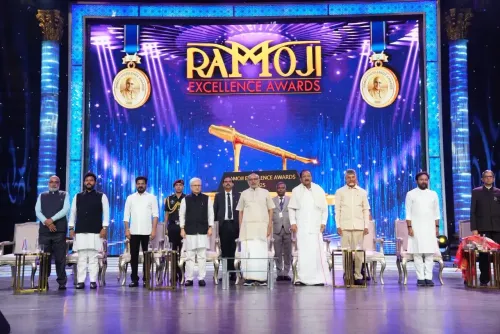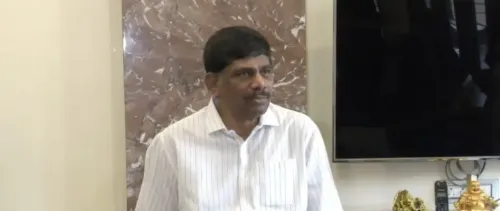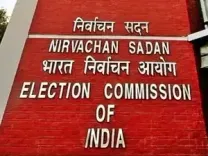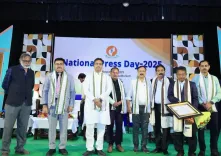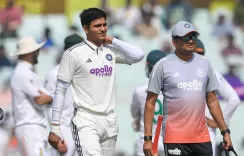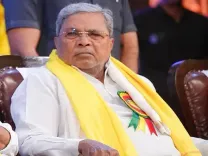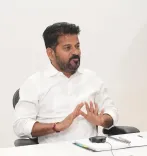Should Congress Apologize? Maharashtra Leaders React to Chidambaram's 'US Pressure' Comments
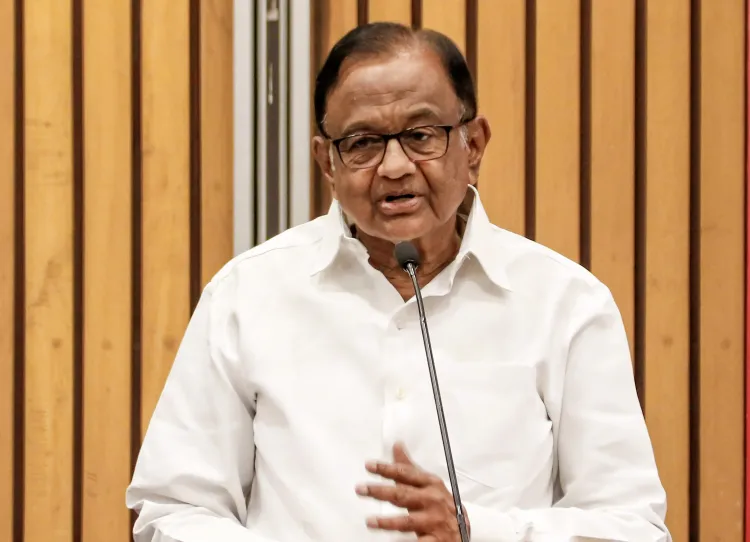
Synopsis
Key Takeaways
- Chidambaram's admissions raise critical questions about the Congress government's past actions.
- Maharashtra leaders demand accountability and apologies from Congress leadership.
- Concerns about foreign influence on India's national security policy are highlighted.
New Delhi, Oct 1 (NationPress) The recent statements from former Union Home Minister P. Chidambaram regarding the decision-making process after the 26/11 Mumbai terror attacks have sparked intense political backlash in Maharashtra. Leaders have criticized the previous UPA-led government for what they describe as a failure to stand firm against international pressure.
This criticism follows Chidambaram's comments about the government's response during the aftermath of the 26/11 attacks.
In a recent interview, he mentioned that he supported a retaliatory strike against Pakistan but was directed to prioritize diplomatic efforts instead. He highlighted the significant influence of international pressure, especially from the United States, in shaping India's restrained reaction to the tragic incidents.
Maharashtra BJP MLA Ram Kadam responded to these revelations by stating, “The truth always comes to light. As he ages, P. Chidambaram feels compelled to reveal the truth, perhaps out of guilt. He has exposed the inadequacies of the Congress government.”
Kadam further questioned the accountability of Rahul Gandhi and Sonia Gandhi, asserting, “They owe the nation an apology.” He commended the Modi government for its decisive actions.
“We confront terrorists in their own territory. The Congress, in contrast, preferred to conceal its failures,” he stated.
Abu Azmi, the Maharashtra Samajwadi Party leader, also raised concerns about India's continued reliance on American influence.
“Why are we still acting under American pressure? This was evident during the 26/11 attacks and continues with the recent Pahalgam terror incident. Our foreign policy is failing,” Azmi questioned.
Chidambaram acknowledged that he considered the notion of retaliation during that time.
“I did contemplate a response. Discussions with Prime Minister Manmohan Singh indicated a preference for diplomatic avenues over military action,” he shared.
He noted that the choice to exercise restraint was driven by overwhelming international pressure.
“The global community was urging us not to initiate a war,” he said, recalling how then-US Secretary of State Condoleezza Rice visited India to advise against military retaliation.

